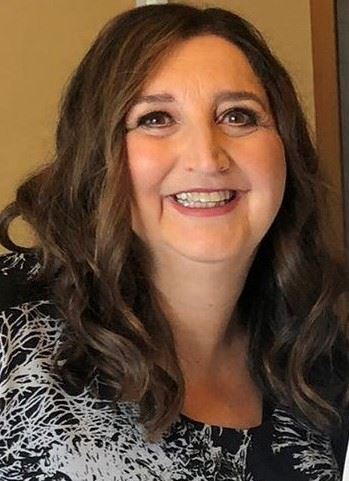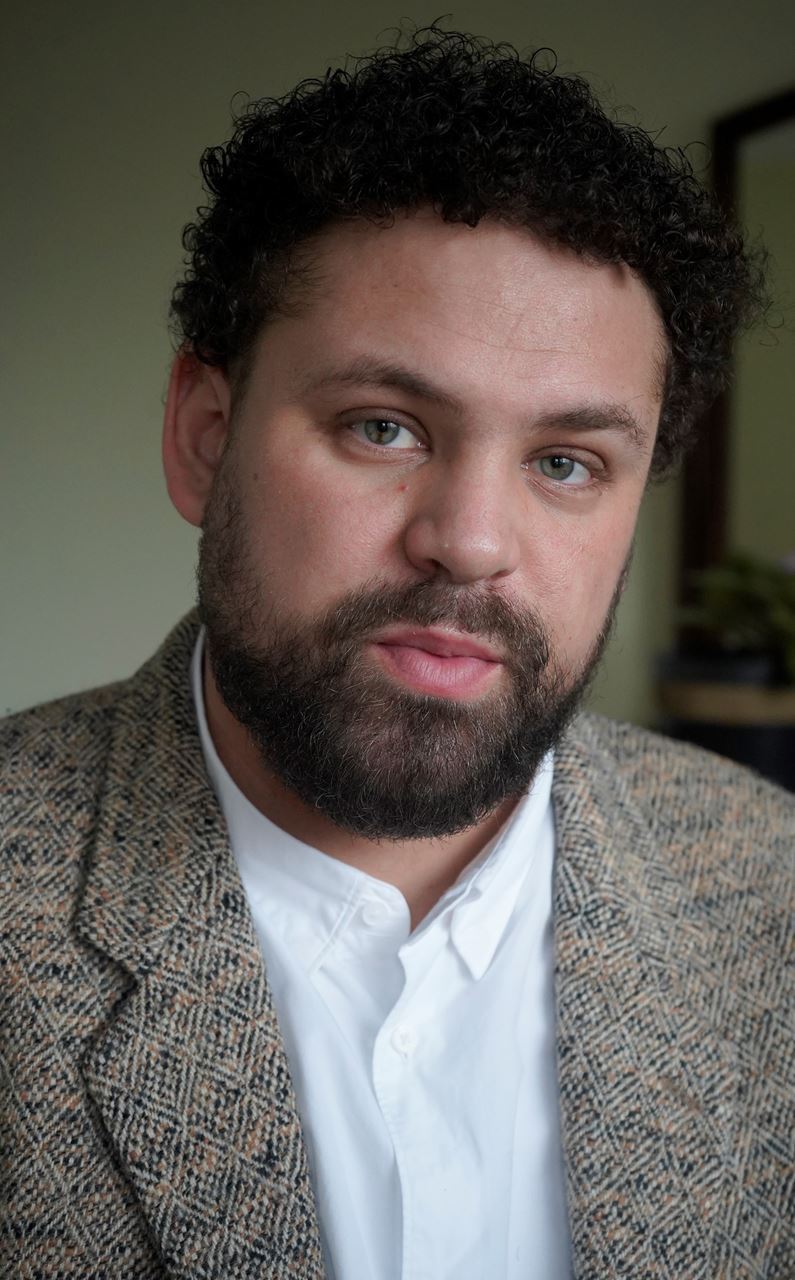Connie Georget, CPHR, SHRM-SCP, HR Advisor at Lisa Fuller Consulting
What was your PLAR type?
Competency-based.
Where did you first learn about Prior Learning Assessment and Recognition (PLAR)?
When I was mentoring Thompson Rivers University (TRU) students, I shared my goal of completing my degree at TRU with Susan Forseille. She mentioned PLAR, but at the time, I was unable to pursue it. Years later, I approached Susan again for advice and additional information on the Competency-based PLAR portfolio and enrolled in the program in 2020.
How did PLAR benefit you?
PLAR was a great awareness of all the accomplishments and learnings I have experienced over the years. It gave me an appreciation for what I know, what and how I learned from the experiences, and how I applied and validated these learnings to other areas of my career and personal life. It also helped me to attain my goal of graduating with a Bachelor's Degree of General Studies at Thompson Rivers University (TRU) much quicker by receiving credits toward my degree. This significant accomplishment helps me to meet the education requirements for specific jobs and further my education.
What advice would you give to other PLAR candidates?
The advice I would give is to take your time, take stock of all you have done both professionally and in your personal life. A hobby or helping someone through a crisis may have more learnings than you realized. It can get overwhelming at times, and you can get easily frustrated, but don't give up, keep persevering because the benefits outweigh the work. When you feel like this, reach out to the advisors, they provide beneficial feedback, coach and guide you through the process. You will feel a sense of accomplishment and pride once you have completed your portfolio. The benefits and future possibilities outweigh the amount of effort, time and work you apply to your PLAR portfolio.
Jules André-Brown, Consultant with a specialty in Leadership
Where did you first learn about Prior Learning Assessment and Recognition (PLAR)?
I learned about PLAR from professors at Douglas College.
How did PLAR benefit you?
The Douglas College PLAR process was a surprisingly robust way of entering scholarship. It also served as a humbling reminder of what assumptions that my contemporaries and I brought to the work. I was able to start bringing in new ways of thinking or seeing organizational problems. My writing and confidence with accessing research improved and I started to enjoy learning opportunities more. I eventually graduated and enrolled in a Masters Program, which has been fantastic. Career wise, I was able to advance to a deeper and complex role. Much of my PLAR experience translates into a more flexible approach to how I value knowledge, potential and practice.
As a community leader, The PLAR practice clearly benefited my approach to governance, mentorship and community problem-solving. This in part from the course content but also from the philosophical approach to knowledge. I found the instructors treated PLAR students with a good balance of coaching, equity, and grit. I also learned an appreciation for the administrative side of learning, whereas in my youth that just used to bother me. In the PLAR program, I saw the faculty had a good balance of using scaffolding of the academic learning environment and how that could be a positive force in my trajectory rather than an oppressive teaching force. The faculty would often work to find solutions that would benefit me as the learner, them as faculty, the community at large, and the education system.
What advice would you give to other PLAR candidates?
You can do it. I will not lie to you, PLAR is terrifying at first. You will find every reason to procrastinate or challenge the process and that is part of the beauty of the process. It was a daunting to return to being in a classroom as a mature student, but I quickly found the place welcoming and the investment of my time and energy started to feel very useful. I found I made some great connections through the Alumni network. The benefits are not just some credits toward a credential, it is a new way of learning in your life.
As for the process, find some faculty that you can trust and they will really help you succeed. Their ability to gauge where you are at with the logistical tools, like course codes and essay writing will help you take the right steps in your learning. It can be scary to think how it could be intimidating to present information you know but that is part of the learning. Career wise, it will be exhausting, but it will open new doors for you!
Carly Owen, Child and Youth with Support Needs (CYSN) Social Worker, Ministry of Children and Family Development
 Where did you first learn about Prior Learning Assessment and Recognition (PLAR)?
Where did you first learn about Prior Learning Assessment and Recognition (PLAR)?
I learned about PLAR through an info session at my workplace
How did PLAR benefit you?
PLAR benefited me in so many ways! Firstly, PLAR helped me get re-introduced to the post-secondary experience. I had been out of school for many years before signing up, and I was very nervous at the thought of going back to school. PLAR built up my confidence by recognizing the knowledge and skills I learned on the job, and reinforcing that knowledge with transferable college credits. The PLAR program essentially bridged the gap into regular post-secondary course work, and when it was time, I entered the regular courses feeling prepared. PLAR instructors also served as program guides and were easily accessible and able to answer all of my questions! Knowing there were college professionals I could count on made the whole experience that much better. I was able to finish my Classroom & Community Support Diploma in three years, and my Degree in Child and Youth Care Counselling in two more years. I since have gotten experience as an Educational Assistant, and now work for the Ministry of Children and Family Development. I likely would not have gone back to school if it weren’t for PLAR, and I am so grateful for the experience.
What advice would you give to other PLAR candidates?
Trust the process. PLAR is very rewarding, and a wonderful way to earn credit for the valuable knowledge you already have! PLAR can literally open doors and create opportunities you didn’t know existed.
